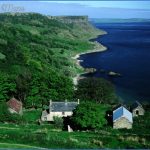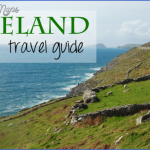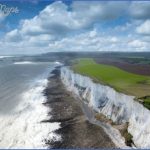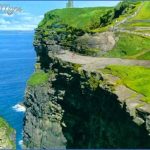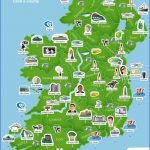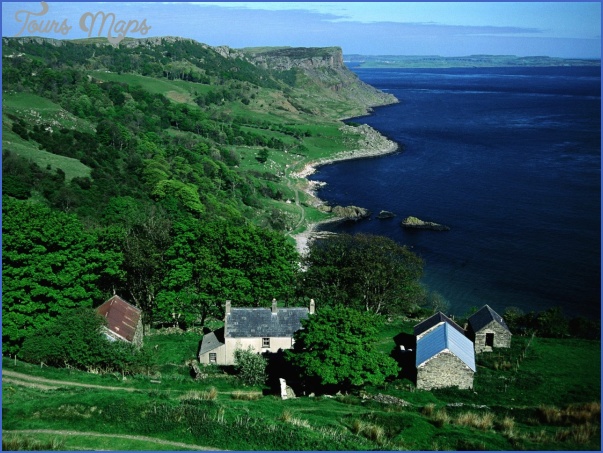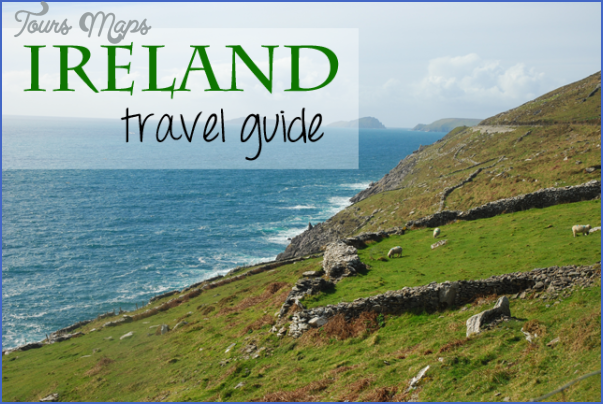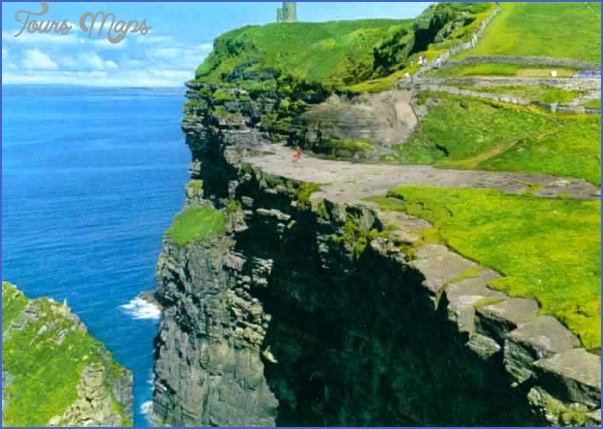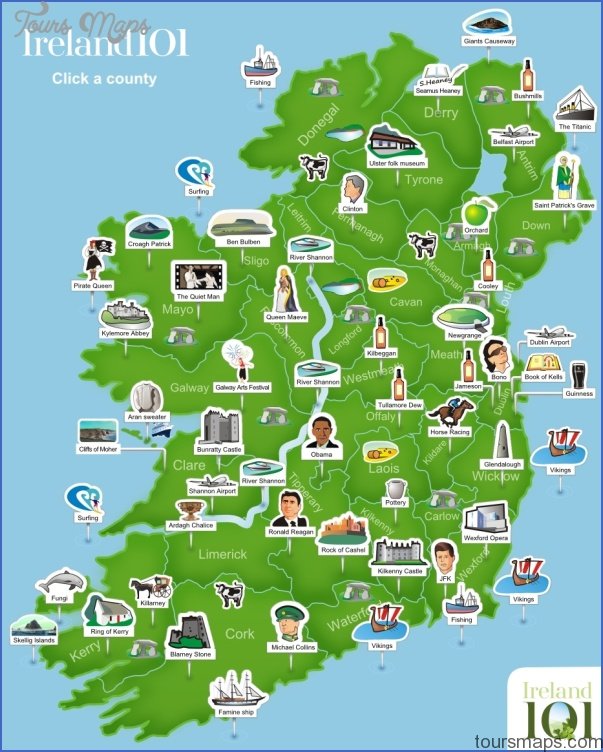Ireland Guide for Tourist
TOURIST SERVICES AND MONEY
TOURIST OFFICES. Bord Failte (the Irish Tourist Board; 01 602 4000; www.ireland.travel.ie) operates a nationwide network of offices. Most tourist offices book rooms for a small fee and a 10% deposit, but many fine hostels and B&Bs are not on the board’s central list. The Northern Ireland Tourist Board (028 9023 1221; www.discovemorthernireland.com) offers similar services.
MONEY. On January 1, 2002, the euro (‚) replaced the Irish pound ( ) as the unit of currency in the Republic of Ireland. Legal tender in Northern Ireland is the British pound; for more info, see 149. Northern Ireland has its own bank notes, identical in value to English and Scottish notes of the same denominations. Although all of these notes are accepted in Northern Ireland, Northern Ireland notes are not accepted in Britain. As a general rule, it is cheaper to exchange money in Ireland than at home.
EMERGENCY
Police: 999. Ambulance: 999. Fire: 999.
If you stay in hostels and prepare your own food, expect to spend anywhere from ‚20-34UKS12-22 per person per day. Some restaurants in Ireland figure a service charge into the bill; some even calculate it into the cost of the dishes themselves. The menu often indicates whether or not service is included. Most people working in restaurants, however, do not expect a tip, unless the restaurant is targeted exclusively toward tourists. In those incidences, consider leaving 10-15%, depending upon the quality of the service. Tipping is very uncommon for other services, such as taxis and hairdressers, especially in rural areas. In most cases, people are usually happy if you simply round up the bill to the nearest euro. The European Union imposes a value-added tax (VAT) on goods and services purchased within the EU, which is included in the price; for more info, see 16.
COMMUNICATION
Country code: 353 (Republic); 44 (Northern Ireland; dial 048 from the Republic). International dialing prefix: 00.
From outside the Republic of Ireland, dial int’l dialing prefix (see inside back cover) + 353 + city code + local number.
TELEPHONES. Both the Irish Republic and Northern Ireland have public phones that accept coins (‚0.20UK 0.15 for about 4min.) and pre-paid phone cards. In the Republic, dial 114 for an international operator, 10 for a national operator, or 11850 for a directory. Mobile phone are an increasingly popular and economical alternative (30). International direct dial numbers in the Republic include: AT&T, 800 550 000; British Telecom, -a-800 550 144; Canada Direct, 800 555 001; MCI, 800 551 001; New Zealand Direct, 800 550 064; Telkom South Africa, 800 550 027; and Telstra Australia, 800 550 061. In Northern Ireland, call 155 for an international operator, 100 for a national operator, or 192 for a directory. International direct dial numbers in Northern Ireland include: AT&T, 0800 013 0011; Canada Direct, 0800 890 016; MCI, 800 551 001; New Zealand Direct, 0800 890 064; Telkom South Africa, 0800 890 027; Telstra Australia, 0800 856 6161. For more info on making calls to and from Northern Ireland, see p.604.
MAIL. In the Republic, postcards and letters up to 25g cost ‚0.40 domestically and to the UK, ‚0.45 to the Continent, and ‚0.60 to any other international destination. Airmail letters take about 6-9 days between Ireland and North America and cost ‚0.80. Dublin is the only place in the Republic with postal codes. Even- numbered codes are for areas south of the Liffey, odd-numbered are for those north. The North has the same postal system as the rest of the UK ( 150). Address Poste Restante according to the following example: Firstname SURNAME, Poste Restante, Enniscorthy, Co. Wexford, Ireland. The mail will go to a special desk in the central post office, unless you specify otherwise.
INTERNET ACCESS. Internet access is available in cafes, hostels, and most libraries. One hour of web time costs about ‚4-6UK&2.50-4; an ISIC card often earns you a discount. Look into a county library membership in the Republic (‚2.50-3), which gives unlimited access to participating libraries and their Internet terminals. Online listings of cybercafes in Ireland and Britain, updated daily, include the Cybercafe Search Engine (http:cybercaptive.com) and Cybercafes.com (www.cybercafes.com).
Ireland Guide for Tourist Photo Gallery
Maybe You Like Them Too
- Explore Southgate, Michigan with this detailed map
- Explore Les Accates, France with this Detailed Map
- Explore Góra Kalwaria, Poland with this detailed map
- Explore Gumdag, Turkmenistan with this detailed map
- Explore Telfes im Stubai, Austria with this detailed map

